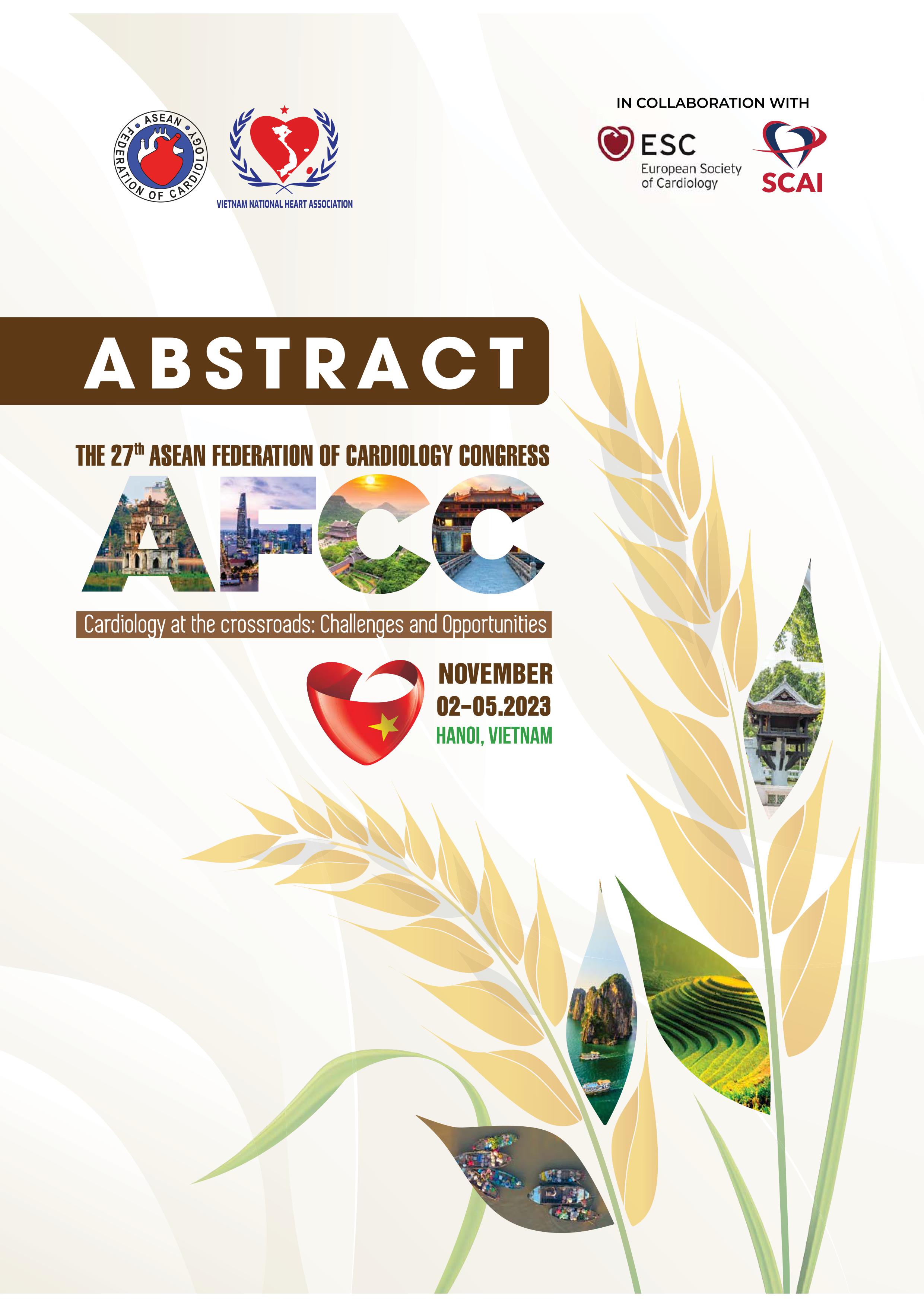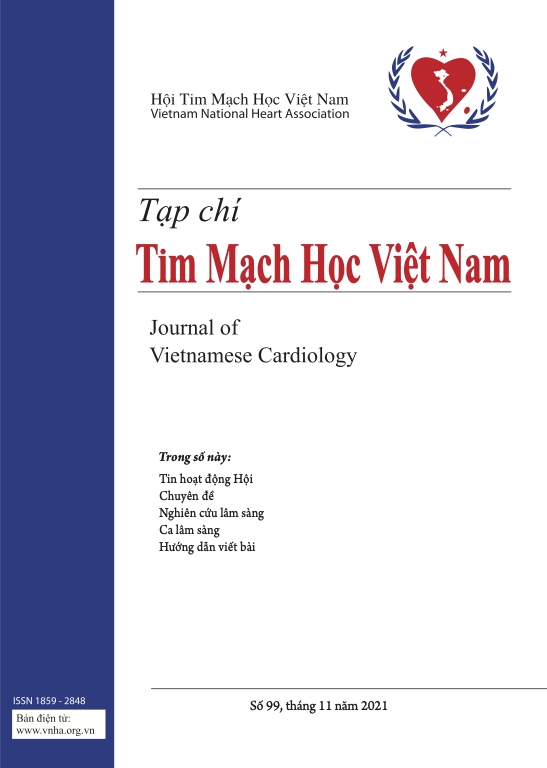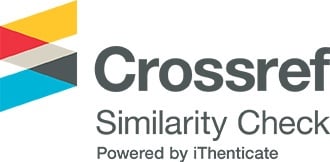Efficacy and safety of early initiation of SGLT2i in patients with Acute Heart Failure: A systematic review and meta‑analysis
Tóm tắt
Background
Acute heart failure (HF) is one of the leading causes of hospitalizations worldwide, associated with significant morbidity and mortality. A key factor causing its severity is congestion. Hence, treatment usually focuses on decongestion using diuretics and guideline-based medical therapies. Loop diuretics are the cornerstone of decongestive therapy, but their use has caused vital side effects such as hyperuricemia, renal failure, and neuropathy, all related to a worse prognosis in patients with heart failure (HF). New evidence from recent randomized clinical trials found that sodium–glucose cotransporter 2 (SGLT2) inhibitors are non-inferior to loop diuretics in reducing the risk of cardiovascular death or hospitalization as well as its adverse events in patients with chronic heart failure in both reduced and preserved ejection fraction. Whether the SGLT2 inhibitors provide clinical benefit in patients with acute heart failure is unknown.
Sodium-glucose cotransporter-2 inhibitor (SGLT2i) have been shown to reduce the composite endpoint of cardiovascular death and worsening heart failure in patients with reduced ejection fraction and is likely to be incorporated as a part of guideline-directed medical therapy (GDMT). Empagliflozin significantly reduces the risk of cardiovascular death or hospitalization for heart failure in patients with chronic heart failure with preserved left ventricular ejection fraction (LVEF), while Dapagliflozin has shown benefit in HF patients with reduced ejection fraction. These medications are known to benefit all kinds of heart failure, but there is limited data on their efficacy and safety.
In this study, the researchers aimed to perform a systematic review and meta-analysis to review the efficacy of SGLT2i in treating acute heart failure in terms of all-cause mortality, rehospitalization, and adverse events.
Methods
The meta-analysis was accomplished following the updated Preferred Reporting for Systematic Review and Meta-Analysis (PRISMA) guidelines. A systematic search of Pubmed, Cochrane, and Google Scholar was performed. The search strategy was: "Sodium-glucose cotransporter-2 inhibitor" AND "Acute Heart Failure."
Two reviewers independently searched the databases to determine all eligible studies and reviewed the full articles for inclusion. Selected articles were then compared, and the decision to include the article was reached through a consensus. Consultation with the third author was done when a consensus could not be reached.
Results
A total of 5 studies were included, with 1,831 subjects were analyzed. There were 913 patients treated with SGLT2 inhibitors and 918 given a placebo with all-cause mortality events of 80 and 111, respectively. Patients with SGLT2i showed no significant difference in all-cause mortality rate (RR 0.58 [95%CI:0.32-1.06], p=0.08, I2 = 61%, high certainty of evidence). On the other hand, there was a significant difference in terms of rehospitalization of HF rate with no evidence of heterogeneity (RR 0.66 [95%CI:0.58-0.76], p<00001, I2 = 0%). In regards to adverse events, there was no significant difference in terms of worsening of kidney function (RR 0.80 [95%CI:0.58-1.09], p=0.16, I2 = 44%, no evidence of heterogeneity) and hypotension between the two groups (RR 0.89 [95%CI:0.57-1.39], p=0.62, I2 = 44%, moderate certainty of the evidence).
Conclusion
Findings provide insight into the efficacy and safety of early initiation of SGLT2 inhibitors during acute heart failure in terms of decreasing rehospitalization rate and adverse events such as worsening kidney function and hypotension. However, the all-cause mortality has similar rates of SGLT2 inhibitors and placebo.








